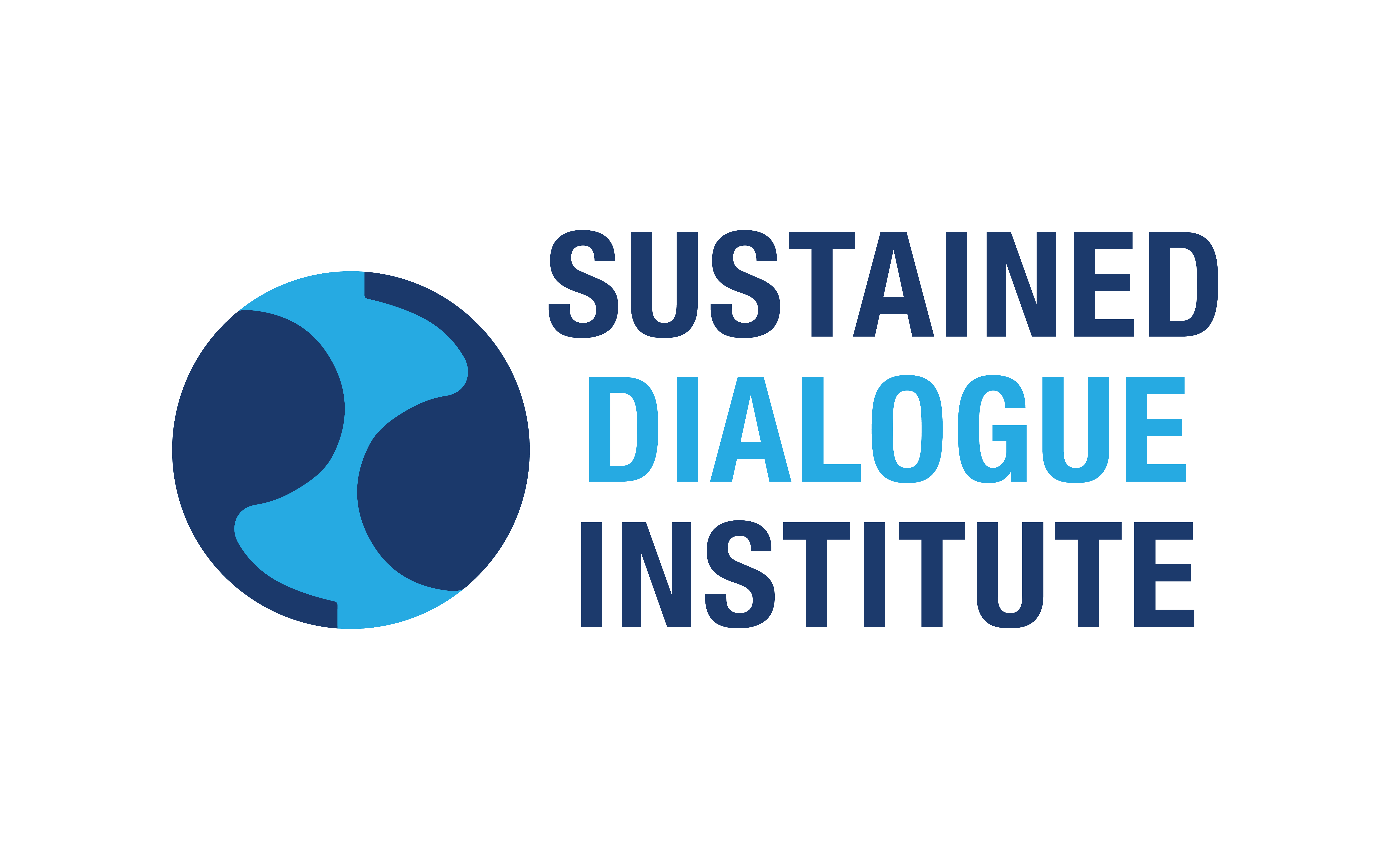Dialogue and interethnic trust: A randomized field trial of ‘Sustained Dialogue’ in Ethiopia (in Journal of Peace Research)
Using a stratified randomization process, participants were selected to a two-term Sustained Dialogue program at Addis Ababa University, Ethiopia, in 2009–10. Immediately following the dialogue intervention, an attitudinal survey and a behavioral trust game were conducted with a group of 716 participants and non-participants.
Sustained Dialogue and Civic Life: Post-College Impacts (in Michigan Journal of Community Service Learning)
This study examined the civic outcomes of the Sustained Dialogue model. Qualitative interviews investigated the perceived impacts of dialogue experience on post-graduate civic life, generating an inventory of 29 dialogue civic outcomes across five domains: 1) cognitions, 2) behaviors, 3) attitudes 4) skills, and 5) hopes and plans for the future.
Constructing Ourselves, Constructing the Other: The Challenge of Reconciliation in South Africa
This article describes an ongoing Reconciliation Initiative undertaken in partnership between the Institute for Democracy in South Africa1(Idasa) and the Gauteng Council of Churches 2(GCC). This Initiative launched in May 2004 now has six regional dialogues at local level, each focusing on a different aspect of reconciliation. The project is grounded in social constructionist principles and merges the Appreciative Inquiry (AI) and Sustained Dialogue3(SD) methodologies. This article explores how these theoretical groundings and merging of methodologies are working to tackle the question of reconciliation from a positive approach. The central hypothesis is that history can be a “positive possibility” (Cooperrider et al, 2003:21) and through a series of Sustained Dialogues our constructions of self and the other can be a process of remembering ourselves into new ways of being.
